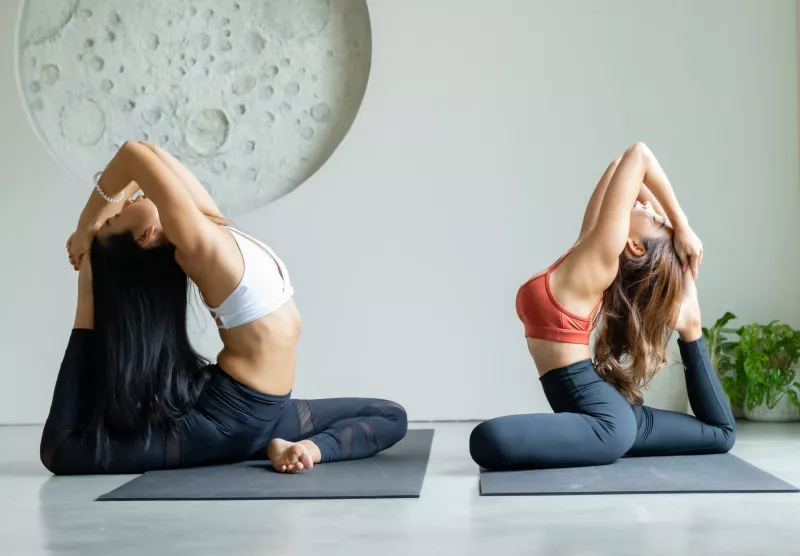Gym has fanatics and so many more … “enemies” as, despite its benefits, too many people are deadly bored of exercise and cannot find the motivation to train.
Even if we are finally exercising, many do it as a “chore” so we often do not have the desired results.
The secret, according to experts, to make gymnastics (and therefore more efficient) to find the type of exercise that fits our personality and mood at this time of our lives.
“Instead of forcing yourself to enjoy the running or gym lesson you once watched and liked, the solution can be in something simpler – just matching a workout with your personality type,” according to a study published Tuesday in Frontiers in Psychology.
According to the study, people with different personality traits enjoy different types of exercise.
For example, more extrovert people, they prefer high intensity workouts with otherssuch as team sports or dance teams.
On the contrary, People with high ‘neuroticism’a measurement that measures one’s emotional instability, they prefer Private lower intensity workoutswith short breaks.
“Personality determines what tensions and forms of exercise attract us … If we can understand this, then we can take the first step to put people who make a sedentary life in Gymnastics and exercise,” co-head author of the study, Flamina, said to CNN.
“We usually tell people that they need to be exercised with expressions such as’ high -intensity intermittent training is good for you, so you have to do it.” But people with high neuroticism are not going to do so, “said Angelina Sutin, a professor at the University of Florida, who specializes in investigating the connections between personality and health.
On the contrary – and knowing that the exercise of low intensity can also be beneficial – “if we recommend this type of exercise, they may be more likely to participate in it,” he said.
Also, according to the study, those who remain loyal to their gymnastics are usually the people with high rates of conscience.
These people “were more likely to have a complete fitness … This is because conscientious people are more likely to be guided by the fact that exercise is doing good,” said Flaminia Ronka.
“It is also important to note that personality characteristics interact with each other,” he added.
“Some people are highly rated both in neuroticism and in the conscience, which means that although they may find the stressful exercise, they are much more likely to do it because they know that they do them good,” the teacher said.
The purpose of the research is ultimately to persuade people to practice by choosing the type of fitness that fits their character and personality and to guide health care professionals to propose proper exercise.
Source :Skai
I am Frederick Tuttle, who works in 247 News Agency as an author and mostly cover entertainment news. I have worked in this industry for 10 years and have gained a lot of experience. I am a very hard worker and always strive to get the best out of my work. I am also very passionate about my work and always try to keep up with the latest news and trends.











